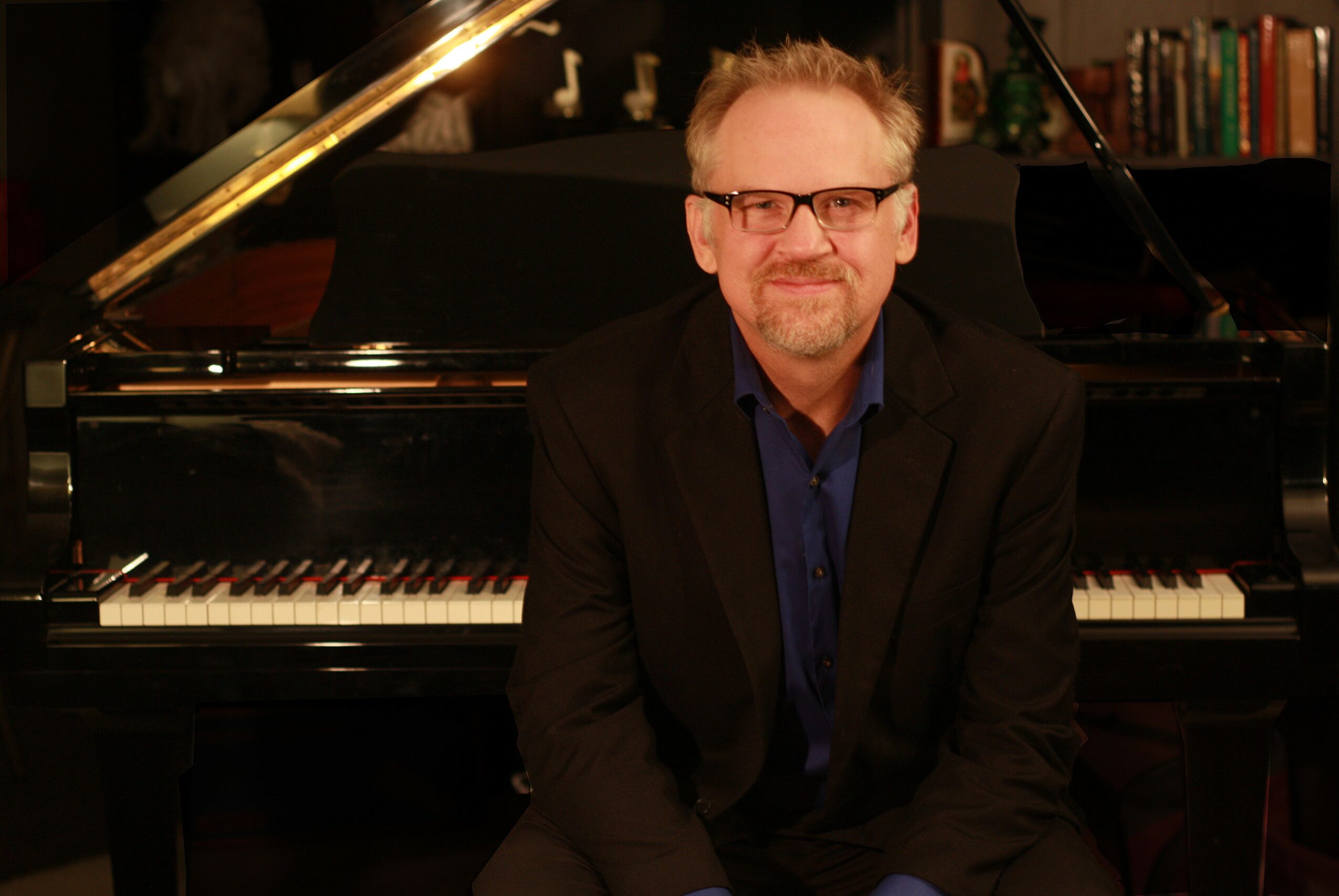
Today we’d like to introduce you to Scott Gwinnell.
Hi Scott, can you start by introducing yourself? We’d love to learn more about how you got to where you are today.
I come from a musical and teaching family in Detroit, MI. On my father’s side, I am at least a 4th generation educator, and my grandfather was a professional classical violinist as well as a high school teacher. I took immediate fascination with the piano as a five-year-old, playing things on the organ that I heard and/or enjoyed, like music from films and TV. At age 14, my creative energy led me into jazz music. I liked that jazz allowed you to create and collaborate with other musicians. I earned two degrees in music and was mentored by a few of Detroit’s best jazz pianists in my teens and early 20s, paving the way for a career in jazz piano and composition.
In my early 20s, I created a 16-piece jazz orchestra that would be the outlet for my compositions. The Scott Gwinnell Jazz Orchestra still plays together after 23 years. We were signed to a jazz record label, have won multiple awards, and released 4 recordings, and our last rising to #33 in national radio charts. As a professional, I also began to work with vocalists, a skill my teacher Matt Michaels taught me. Matt was an accompanist for Barbara Streisand among other great vocalists. I’ve played as a sideman or leader on over 50 recordings in my 35-year career. As much as I enjoy performing, I’ve grown to love teaching over the last 25 years.
My teaching career started with studio teaching, quickly progressing to positions at University of Toledo, Bowling Green State University, Wayne State University, and at my current job of 9 years, Special Lecturer at Oakland University. At OU, I conduct the vocal jazz ensembles and teach private jazz piano and vocal lessons along with composition, improvisation, and theory. This job is paired with my other job as Director of Education for Music Hall Performing Arts Center in Detroit. At Music Hall, I put together and manage music programs for Detroit Public Schools. I also run an education-themed jazz jam session at Music Hall’s jazz club, Aretha’s Jazz Cafe.
I realized about 10 years ago that jazz students in the 2000s are receiving plenty of opportunities for education in the classroom but not enough individual mentorship. Mentorship is an aspect of jazz education that was consistent in 125 years until classroom teaching eclipsed it with the variety of university and high school programs. I have dedicated these last 10 years to create opportunities and methods to incorporate mentorship so students are able to get one-on-one assistance and feedback and can be encouraged and empowered to musically grow as individuals while receiving their training.
Alright, so let’s dig a little deeper into the story – has it been an easy path overall, and if not, what were the challenges you’ve had to overcome?
Playing and teaching music is never a smooth road. Every student has a different skill set, background, and goals for their art. Jazz has such a “big tent” philosophy that not only do you need to be prepared as a teacher to be familiar to instruct different musical disciplines, but students come to me in different stages of their development and have different needs. Students, depending on their age, will have challenges according to their mental and emotional maturity. The overriding struggle is that jazz is an abstract musical art, so there is no one blueprint to build a student as there is no one type of jazz musician. The road smooths in a mentor/protégé experience when trust forms in our relationship. This trust is built upon the common goal of wanting to communicate and express ourselves with clarity and honesty through the language of jazz.
Thanks – so, what else should our readers know about your work and what you’re currently focused on?
In my current mission of mentorship for all jazz students, I use the tools at my disposal to create a synergized mentorship. This means that every student that I instruct receives:
1. The opportunity to partake in 3 necessary elements to become a good musician:
2. Instruction- private lessons in which to address individual concerns
3. Rehearsal- the outlet of communicating, participating, and working with an ensemble
4. Performance- the hardest to provide, but I can do so with my weekly Education jam session on Sundays at Aretha’s Jazz Cafe
5. A shared mentorship, meaning other teachers can get to know students in smaller group situations. This is done so through a jazz workshop that I created and conduct every summer for a week. We have been doing this since 2009. I employ 10 university jazz teachers and professionals to share in the mentorship and invest themselves with the students they teach.
For example, an Oakland University jazz vocal student of mine receives synergized mentorship by:
1. Taking private lessons with me or another jazz teacher at Oakland University.
2. Rehearses weekly with me in the Jazz Singers ensemble.
3. Besides performing with the Jazz Singers, can come to Aretha’s any and every Sunday to perform a song and receive critical feedback from myself and other teachers.
This can be done at their speed, so if they are new to jazz or have experience, they can participate in all of the above. I have my students at Detroit Public Schools, private students, and Oakland University students all participate. The results so far have been astounding. I have vocal jazz students who have received awards in national and local competitions, vocal and instrumental students who have become professional jazz musicians, ones who attend top jazz schools, and one who is now a composer assistant to film composer Hans Zimmer. Class instruction is good but cannot be the only agent in a jazz student’s education. I feel that my mentorship style has filled a necessary void and supplied these students with the guidance in music, societal norms, and contacts for them to take the next steps in their careers.
Do you have any advice for those just starting out?
My advice for those starting out is to lead with passion. Your passion will fuel your productivity, and everything else will follow if you’re persistent.
I wish that I knew that everyone is a “work in progress.” There is no perfect musician, and the quest for self-improvement motivates us to greater heights.
Contact Info:
- Website: https://www.wscottjazz.com/
- Instagram: @postbop
- Facebook: https://www.facebook.com/scott.gwinnell
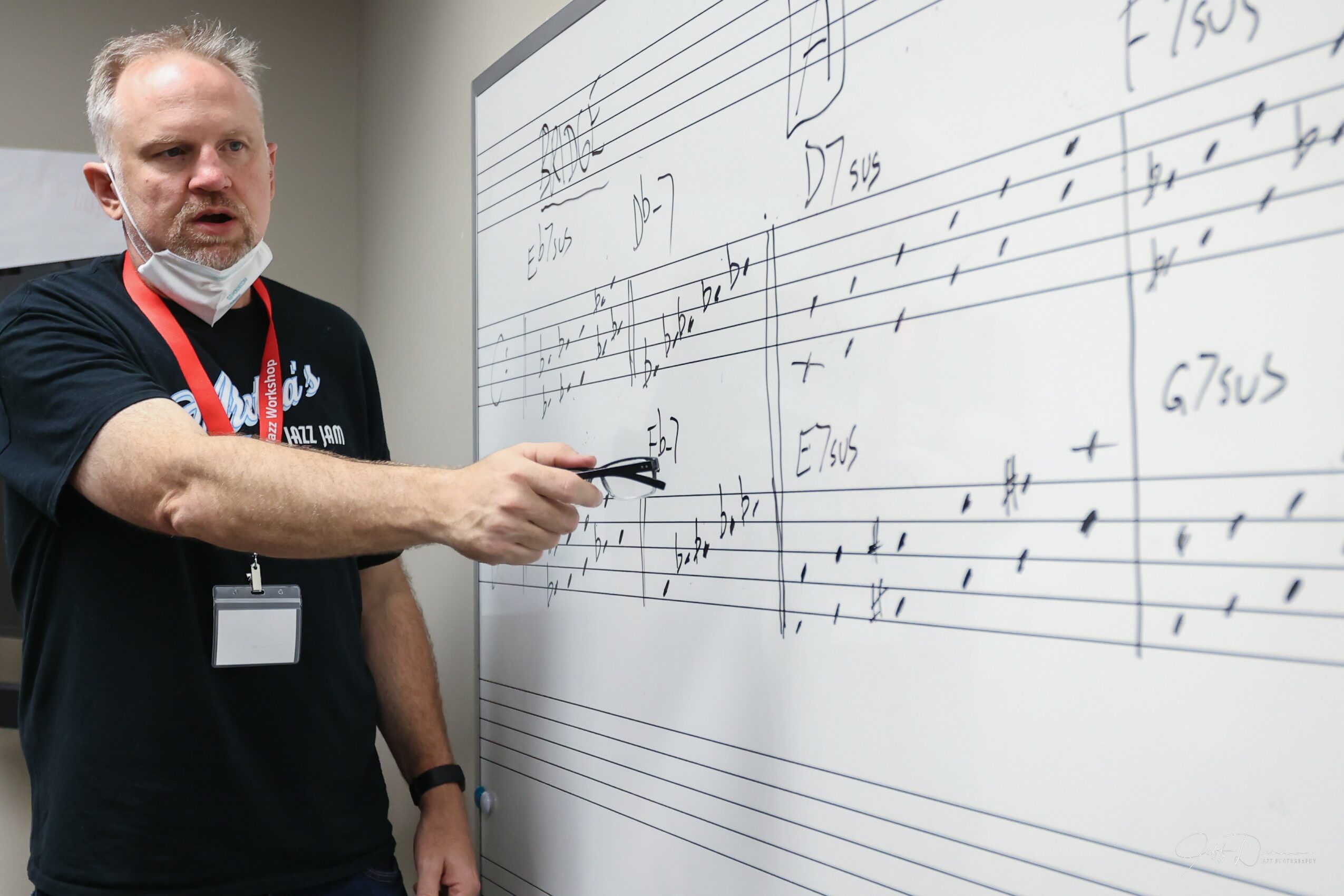
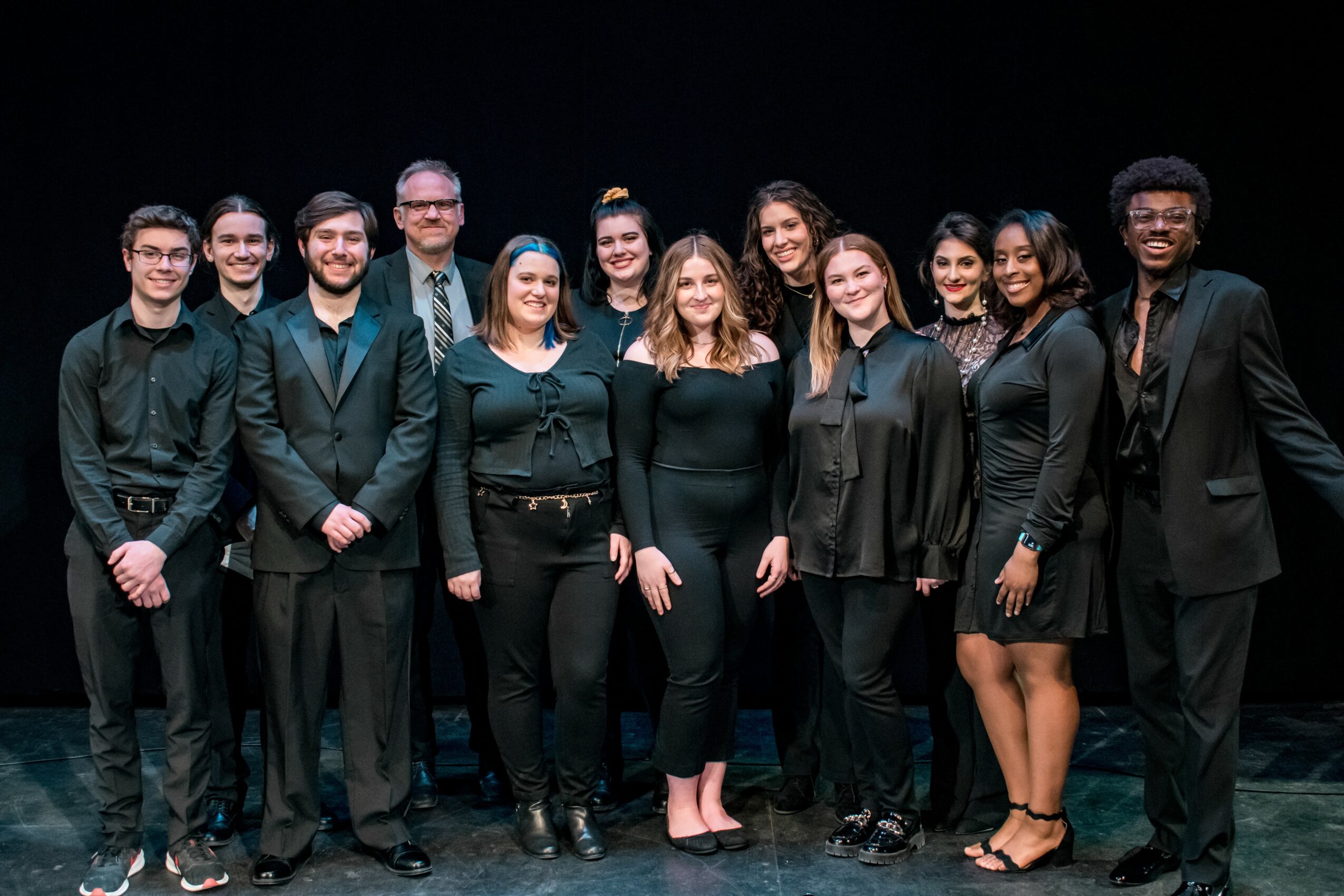
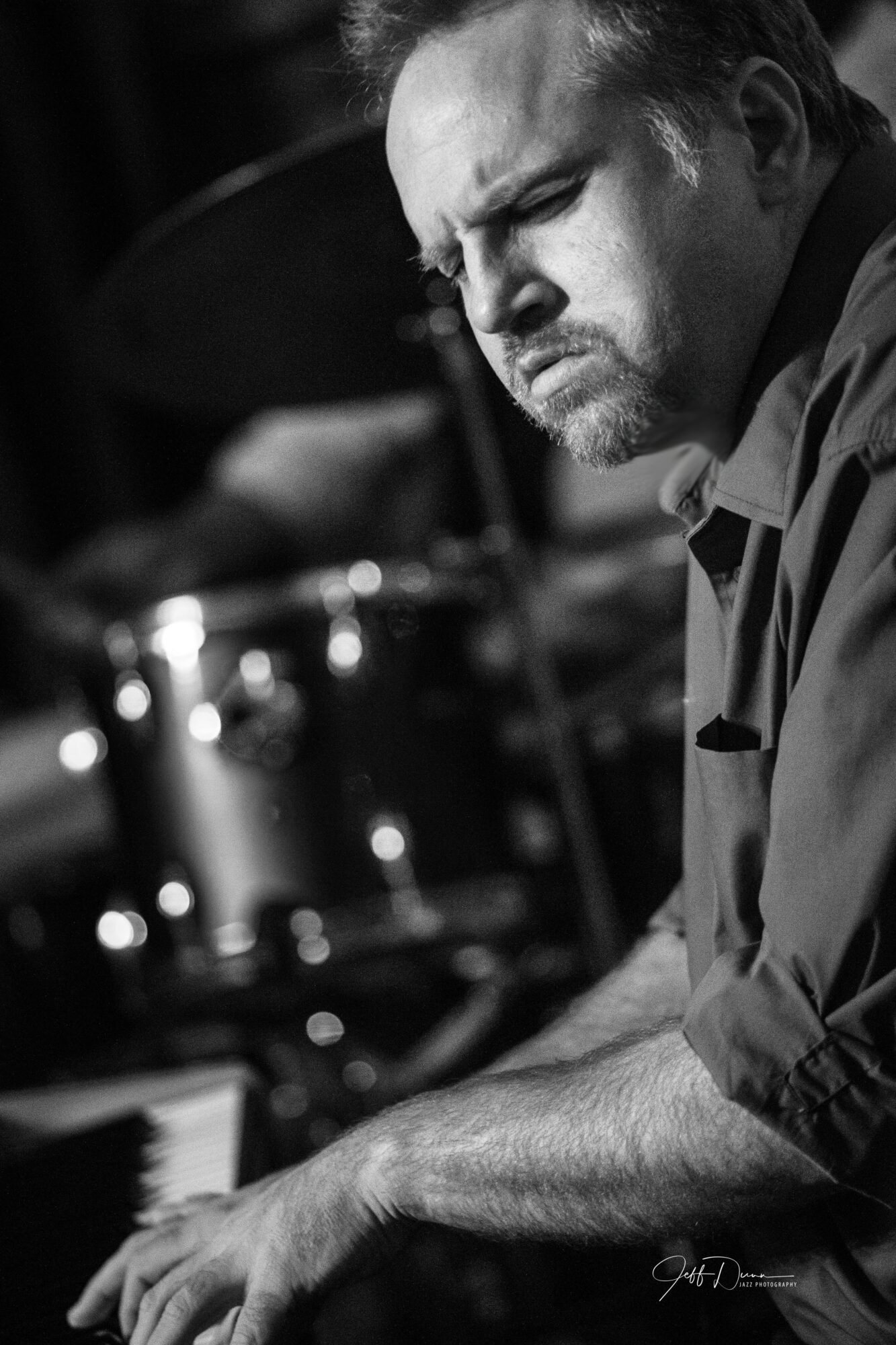
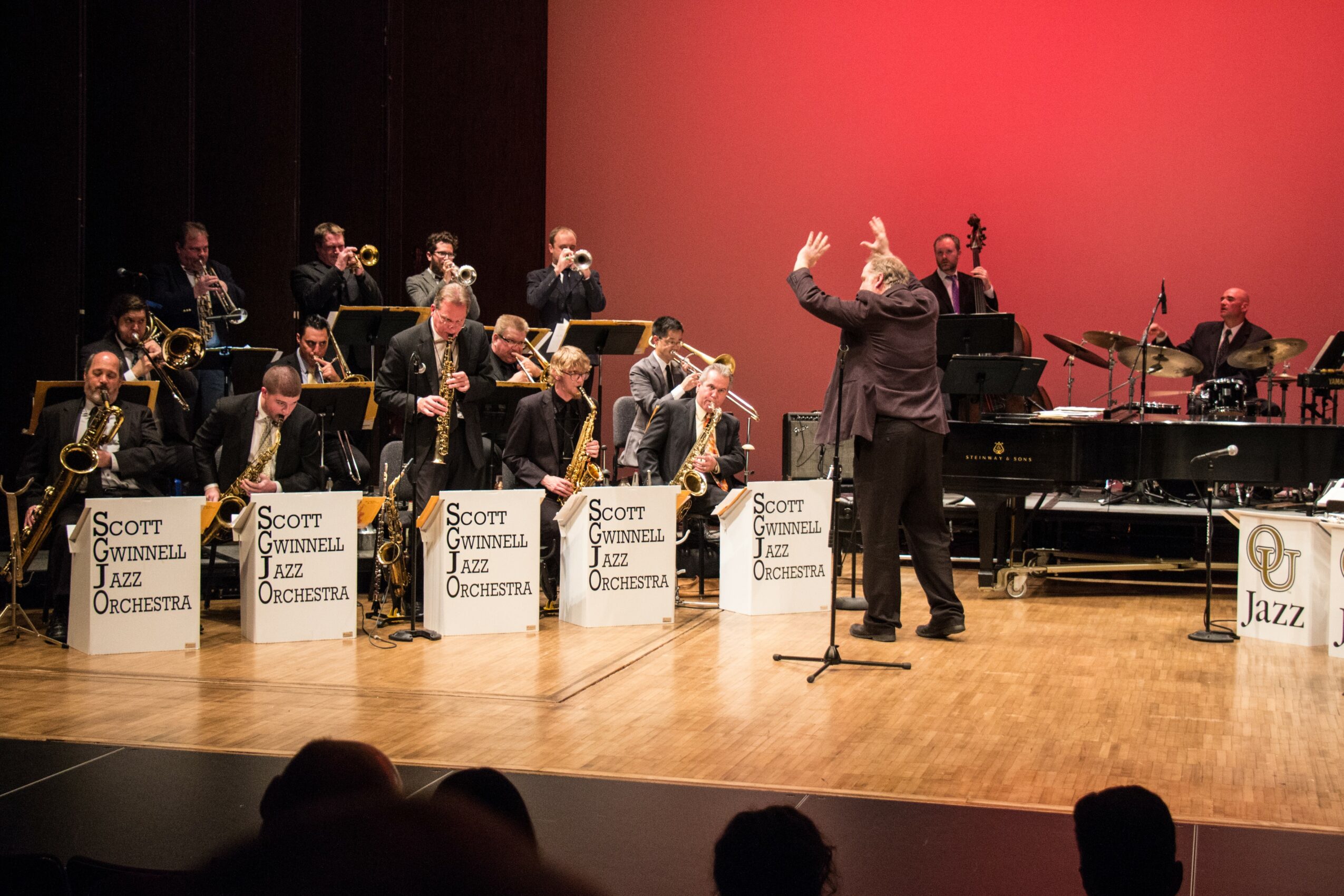
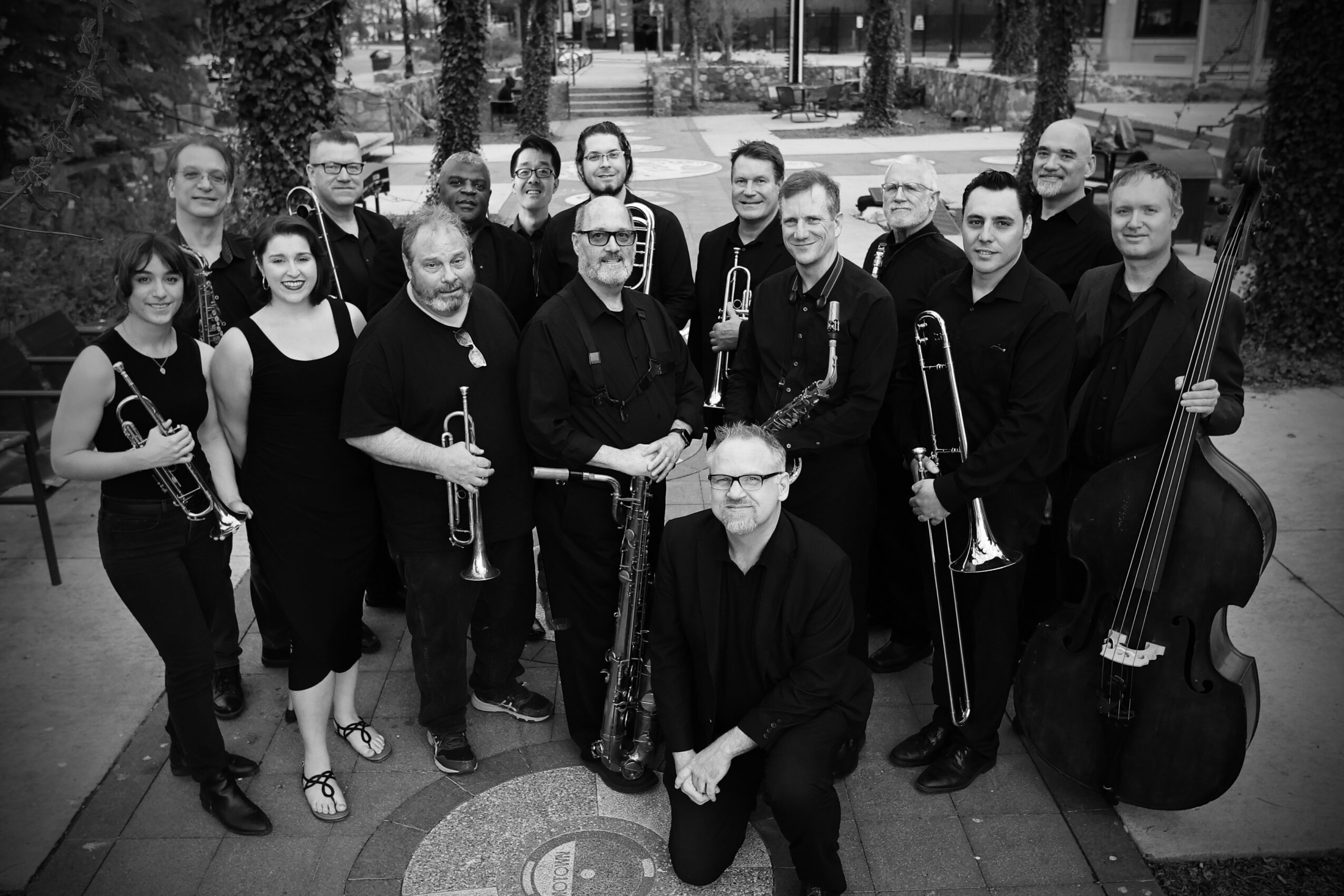
Image Credits
Jeff Dunn











